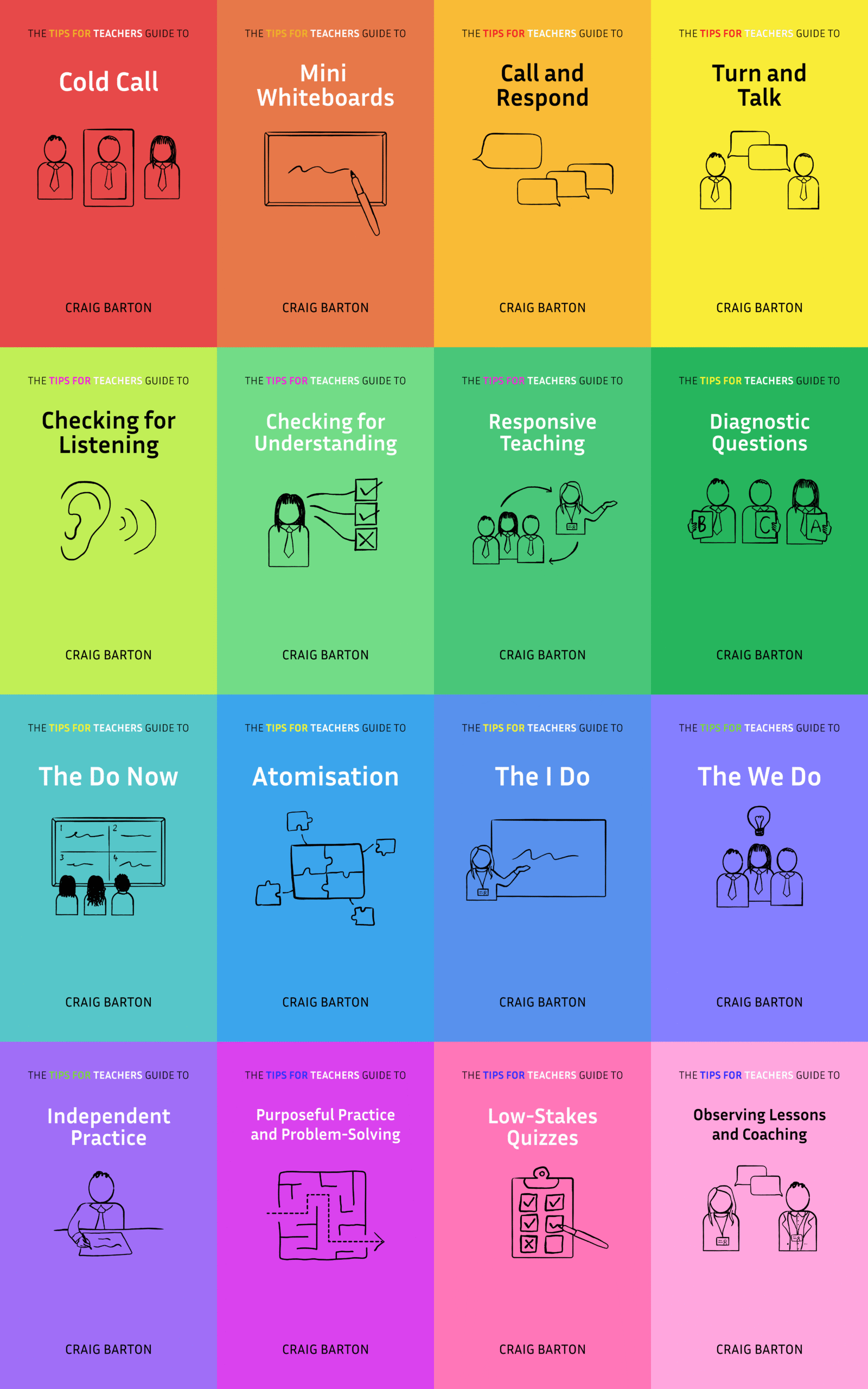Summary
This YouTube transcript discusses effective teaching strategies, focusing on the importance of building positive teacher-student relationships alongside maintaining classroom discipline. The speaker emphasizes the “warm strict” approach, arguing that a foundation of clear rules and structure allows for more warmth and connection. This warmth is demonstrated through humor, engagement, and showing genuine care for students’ success, both inside and outside the classroom. The conversation also explores the balance between planned and spontaneous interactions, highlighting the teacher’s role in guiding classroom culture. Finally, the discussion touches upon assessment methods used in mathematics teaching.
Time-stamps
0:53-2:07: The speaker emphasizes the significance of balancing strictness with warmth in teaching. While maintaining authority and school rules is essential, connecting with students on a human level, showing care and having fun together enhances the learning environment. This approach fosters enjoyment, motivation, and ultimately leads to better outcomes.
2:07-4:17: The speaker highlights the importance of establishing a foundation of authority and control before introducing warmth and silliness. This foundation ensures that students feel safe and understand the boundaries, allowing them to engage in lighthearted interactions without things getting out of control. The rules support the warmth by providing a framework within which students can relax and enjoy the learning process.
4:17-7:15: The speaker addresses the potential challenges of balancing strictness with warmth and discusses the role of experience in finding the right equilibrium. While it’s generally advisable for new teachers to err on the side of control and ensure a productive learning environment, they should also learn to gauge the appropriate moments for warmth and flexibility. The speaker also underscores the importance of teacher judgment in guiding the mood of the classroom and dictating the appropriate behavior.
7:15-9:49: The speaker discusses how warmth and care for students can be demonstrated outside of lessons, particularly during breaks and informal interactions. Participating in activities like basketball or table tennis with students, writing postcards to acknowledge their achievements, and using encouraging gestures like smiley faces in marking demonstrate a genuine interest in their well-being and foster positive relationships.
9:49-12:50: The speaker provides a concise explanation of the marking system used at Michaela School, focusing on weekly quizzes that assess student understanding of recent math concepts and general revision. This system emphasizes regular practice and accountability, preparing students for exam-style assessments. The speaker also mentions that while they review student homework, the primary focus of marking is on the quizzes.
What are the key implications for teachers in the classroom?
- Balancing Strictness and Warmth: The sources highlight the importance of striking a balance between strictness and warmth in the classroom. It’s crucial to establish clear rules and expectations to maintain order and ensure a safe learning environment. This “strict” approach helps create a foundation of authority and control in the classroom. However, it’s equally important to foster warmth and positive relationships with students by showing them you care, having fun with them, and connecting with them on a personal level. This balance creates a more positive and enjoyable learning experience for both teachers and students.
- The Importance of Timing: According to the sources, establishing authority and control should precede the introduction of warmth and silliness. This sequence ensures students understand the boundaries and expectations, allowing them to engage in more relaxed interactions without fear of things getting out of control. Teachers need to gauge the appropriate moments for warmth and flexibility, recognizing that certain times require a more focused and structured approach, while others allow for a bit more freedom and lightheartedness.
- The Role of Teacher Judgment: Finding the right balance between strictness and warmth, as well as determining the appropriate times for each, requires careful judgment on the part of the teacher. Teachers must be able to read the room and adjust their approach based on the specific dynamics of the situation. For instance, what might be appropriate during break time might not be suitable during a lesson on a complex topic.
- Demonstrating Warmth Beyond the Lesson: The sources emphasize that demonstrating warmth and care for students extends beyond the confines of the classroom. Teachers can foster these connections during break times, lunch periods, and other informal interactions by engaging in activities with students, offering encouragement, and simply taking the time to chat and connect with them on a personal level. These small gestures go a long way in building strong, positive relationships with students and creating a more supportive and caring school community.
- Utilizing Marking and Feedback to Show Care: While the specific marking system described in the sources pertains to math classes at Michaela School, the underlying principle of using marking and feedback to demonstrate care for students can be applied across different subjects. Teachers can use their feedback to not only assess student understanding but also to convey encouragement and support. Simple gestures, such as adding a smiley face to a well-done assignment, can reinforce positive effort and show students that their teachers care about their progress.









